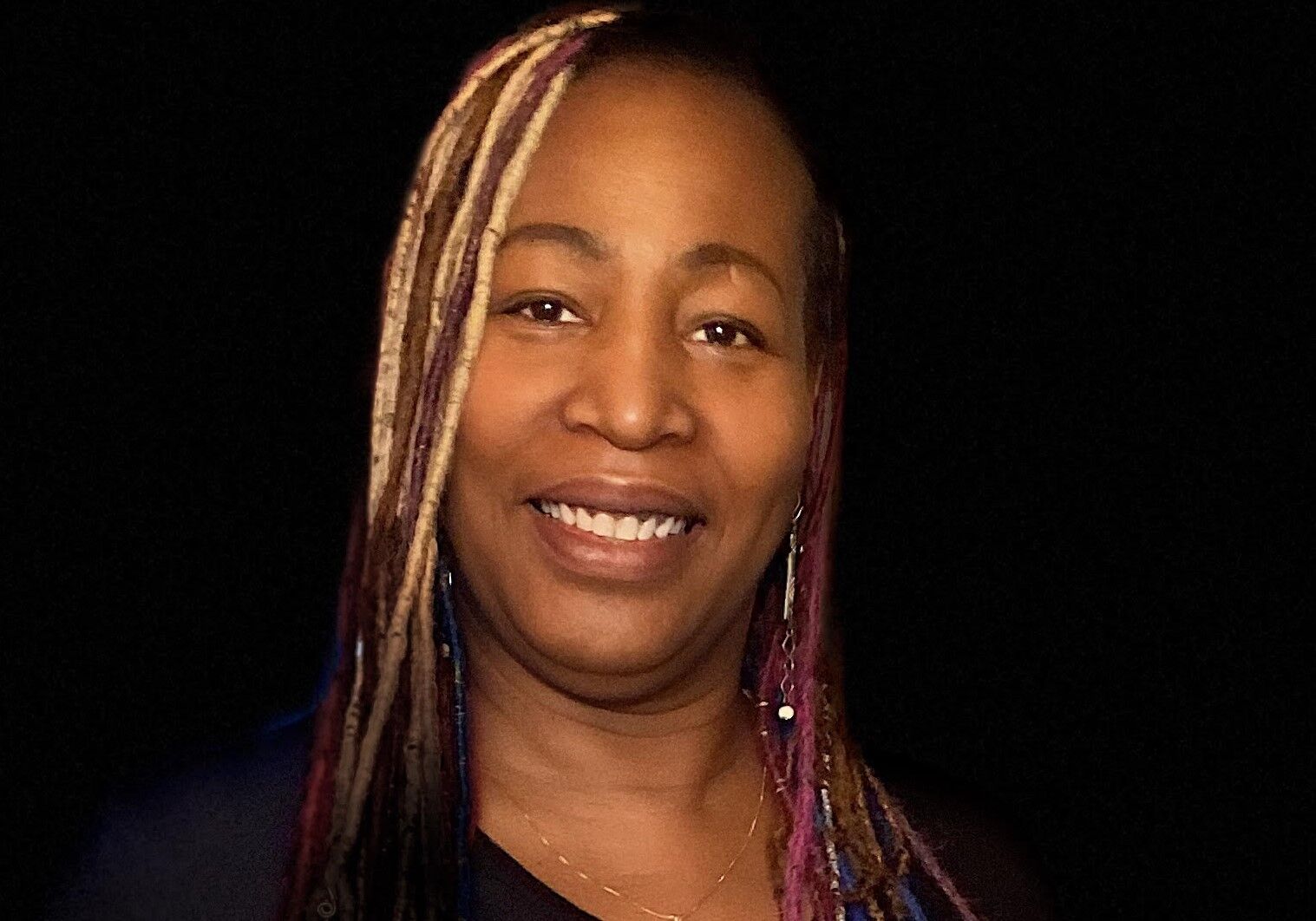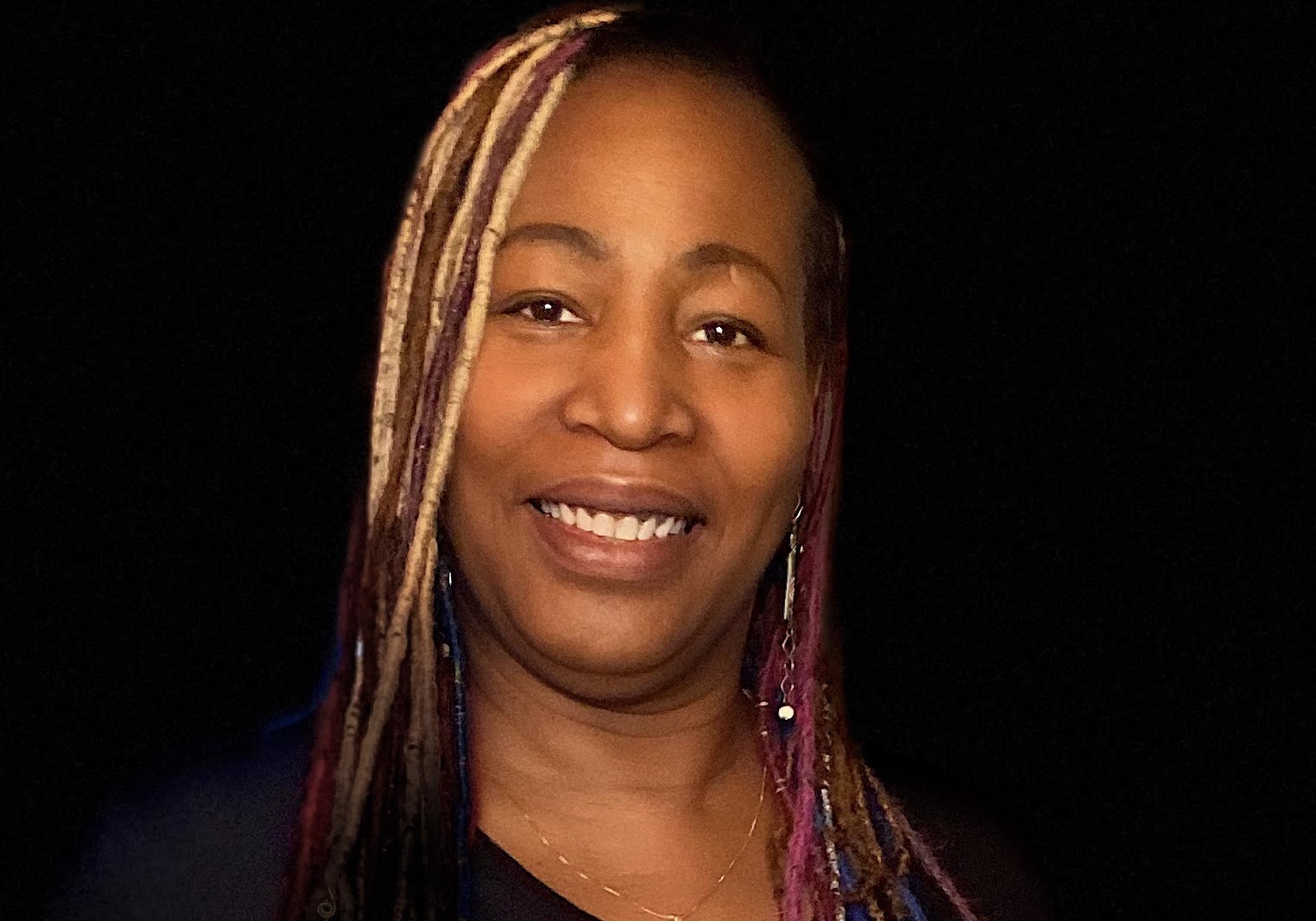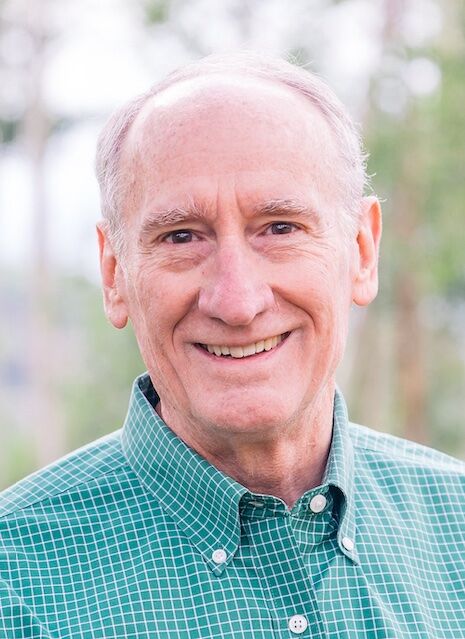The Inflation Reduction Act’s a giant leap forward on climate justice | OPINION


Today, our country – and the entire world – faces a challenge unlike any other. Climate change is the crisis of our lifetimes. With wildfires in every corner of the state and long-term aridification threatening to run our rivers dry, we’re at the front lines. But even though these disasters threaten us all, they affect us disproportionately. Traditionally marginalized communities, such as low-income families and communities of color, all too often bear the weight of our climate burden. Any action on climate is welcome, but it’s especially so a big action when the Inflation Reduction Act with has an equally big focus on environmental justice.
The Inflation Reduction Act (IRA), the $370 billion climate investment passed into law last August, is the largest climate investment in human history. How’s that for big? And we’re already seeing billions roll into Colorado to clean up our pollution, bring thousands of good-paying clean-energy jobs, and fortify us against the ongoing drought. At the same time, the IRA has cut health care and energy costs for Coloradans and closed tax loopholes for the ultra-rich.
The IRA also helps our most vulnerable. The law advances the Justice40 Initiative, which commits 40% of all federal climate investments to communities that are marginalized, underserved and overburdened by pollution. The IRA established huge funding opportunities for Colorado aimed at greenhouse gas reduction, drought mitigation, climate pollution reduction and electric vehicles. These investments, which we’ve already seen throughout the state, help the communities feeling the worst of our pollution. They’re also delivering good-paying jobs in clean-energy industries – more than 3,500 since the law was enacted, while also bringing down the cost of electricity for working families.
Stay up to speed: Sign up for daily opinion in your inbox Monday-Friday
But that’s not all. The Inflation Reduction Act’s benefits stretch beyond Colorado’s borders and re-establish the U.S.’s leadership in the fight to tackle the climate crisis. The resources it unlocks bring the U.S. miles closer to reaching our global climate goals. We’re now projected to reduce our greenhouse gas emissions to 40% below 2005 levels by 2030.
As the second-largest emitter of greenhouse gases, it’s up to the U.S. to use our heft and influence to set the example of serious action on climate change and inspire other countries to follow in our wake. Back in 2017, President Donald Trump’s decision to withdraw from the Paris Climate Accords left the world doubting our climate commitments and dampened other efforts based on our government’s commitment. But today the Inflation Reduction Act demonstrates to the world we’re back, we’re committed and we’re taking the lead on reducing carbon emissions and combating climate change.
The IRA also proves our democratic process – though tinged with partisan gridlock – can still meet the moment to do what’s right.
The bill’s final passage in the House was the last twist after many turns in a year-and-a-half-long negotiation that didn’t always seem hopeful – at least not to most of us. Luckily, the leaders in the room like – Colorado’s voice at the table – our U.S. Sen. John Hickenlooper worked tirelessly to convince holdouts like U.S. Sen. Joe Manchin (D-West Virginia), and keep it alive after others threatened to pull support at the last minute. Although messy at times, negotiations like this remind us elections do matter, that who we send to Washington to carry our voice does matter. After all, the difference between the IRA – this once-in-a-generation, largest-ever climate bill we’ve all been hoping for for decades – actually passing and it remaining a twinkle in our eye was a single, solitary vote in the U.S. Senate. A single person, in a single seat. A seat just like the one Colorado voters flipped from one party to the other in 2020, carrying the majority with it.
We haven’t stopped climate change. Not yet. But we’ve made a big leap in this fight. And a big part of that is thanks to the work of who we chose to represent us in Washington.
Akilah Graham is a Denver community leader and activist and was one of the founders of the Colorado Black Arts Festival.










